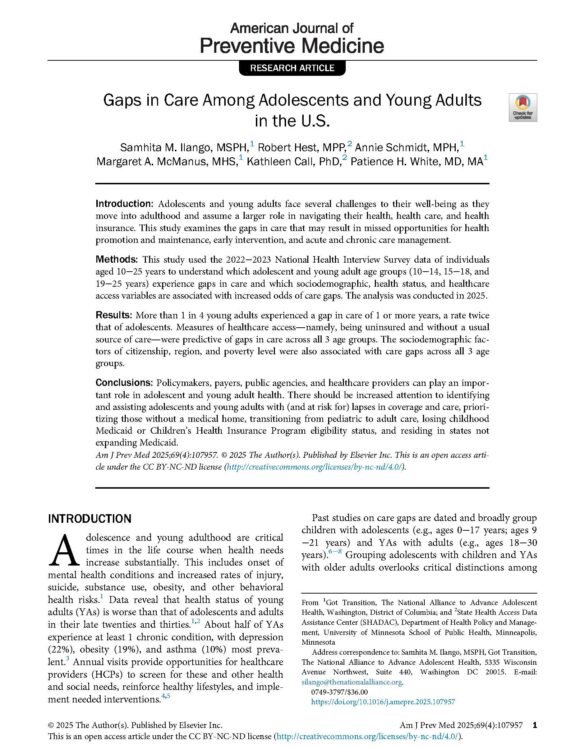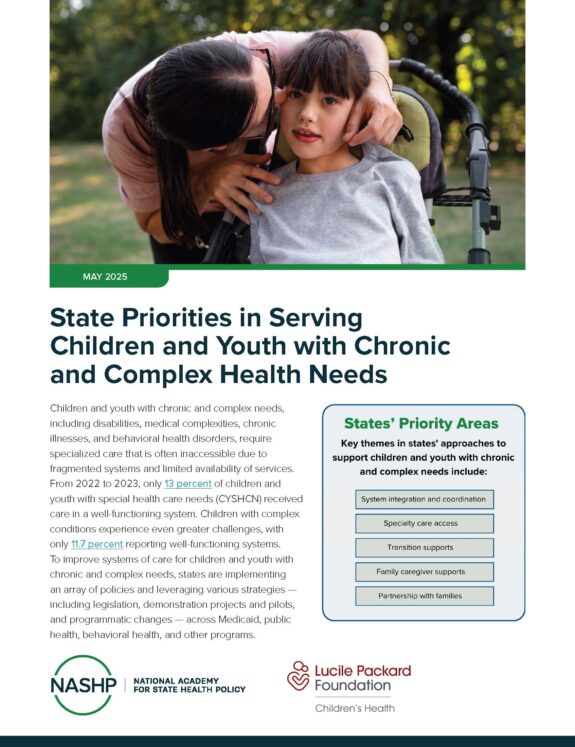Profile: Tim Curley, Director, Community and Government Relations, Children’s Hospital Central California
Having worked on health policy issues for years in Washington, D.C. and California, Tim Curley knows his way around the jargon-laden alphabet soup of paying for children’s health care: DSH, CCS, CHGME, ACA.
As director of community and government relations for the Children’s Hospital Central California in rural Madera, Curley keeps tabs not only on these acronyms but also on trends in Medicaid and managed care policy that deeply affect the hospital’s young patients and caregivers.
About three-quarters of Children’s Hospital Central California’s patients are covered by Medi-Cal, California’s Medicaid program, Curley said. The hospital also provides care for local children with special health care needs who receive services through California Children’s Services (CCS).
Medical care has been getting more resource-intensive and more expensive, but reimbursements from Medi-Cal, which have been cut in recent years, do not cover the true costs of care, Curley said.
California officials have developed a temporary workaround that requires hospitals to pay a fee to the state to help draw down federal Medicaid dollars, which are then returned to the hospitals.
“That’s helped offset some of our historical losses, Curley said, “but it’s not a permanent fix.”
A coalition of hospitals is working to place an initiative on the November 2014 ballot that would make the so-called “provider fee fix” permanent, Curley said.
Curley also monitors funding for the Children’s Hospitals Graduate Medical Education (CHGME) Payment Program, which helps cover some of the hospital’s costs training medical residents. Congress recently reauthorized funding for the program, Curley noted, but children’s hospitals still face the challenge of getting Congress to pay for the program at what the hospitals consider acceptable levels.
Curley also worries about the still-uncertain future of “disproportionate share payments” (DSH), which help hospitals serving large numbers of low-income patients, including children on Medicaid. Federal DSH payments to hospitals were slated to be cut back after the rollout of the Affordable Care Act – the idea was that they’d no longer be needed because more patients would be insured – but those cutbacks have been postponed until 2017.
“DSH helps cover some of the losses we incur for kids covered by Medi-Cal,” Curley said. ‘It’s a little different from adult hospitals where their DSH payments help pay for care for the uninsured. Our losses are more due to kids who are underinsured, not uninsured.”
So far, Curley says, he’s seen relatively small impacts on the hospital of both the Affordable Care Act and the transition of many children formerly covered by Healthy Families or Medi-Cal into Medi-Cal managed care plans.
He continues to monitor discussions about the future of the California Children’s Services program, which may involve transitioning children to Medi-Cal managed care. Curley said he hopes any changes incorporate reimbursement for the care coordination services so often missing when children are discharged from his hospital.
“Once they’re in their community, there isn’t any one entity that’s charged with coordinating the care for that child,” Curley said, “and that really creates problems for the child and family.” All children with special health care needs need care coordination, he noted, regardless of whether or not they’re served by CCS.
“If the CCS population gets transitioned into Medi-Cal Managed Care, the plans will need help in learning how to manage the complex health care needs of these children,” Curley said.
While monitoring the politics of financing children’s health care remains a high priority, Curley said, he also thinks a lot about what role the hospital can play in improving “upstream” conditions for children – that is, the social, environmental and economic factors that can help or harm children’s health, like nutrition, air and water quality, poverty and access to preventive health care. What can the hospital do in the areas of obesity prevention, child abuse prevention, early developmental assessments and other areas to prevent health problems severe enough to require hospitalization?
“It’s a big worry, but also an opportunity,” Curley said. “That’s what I’m hopeful about as well.”



